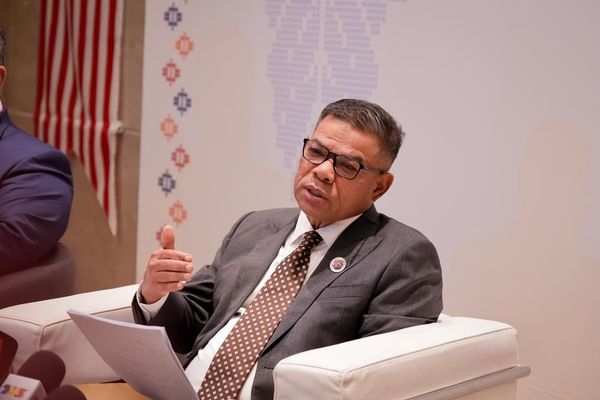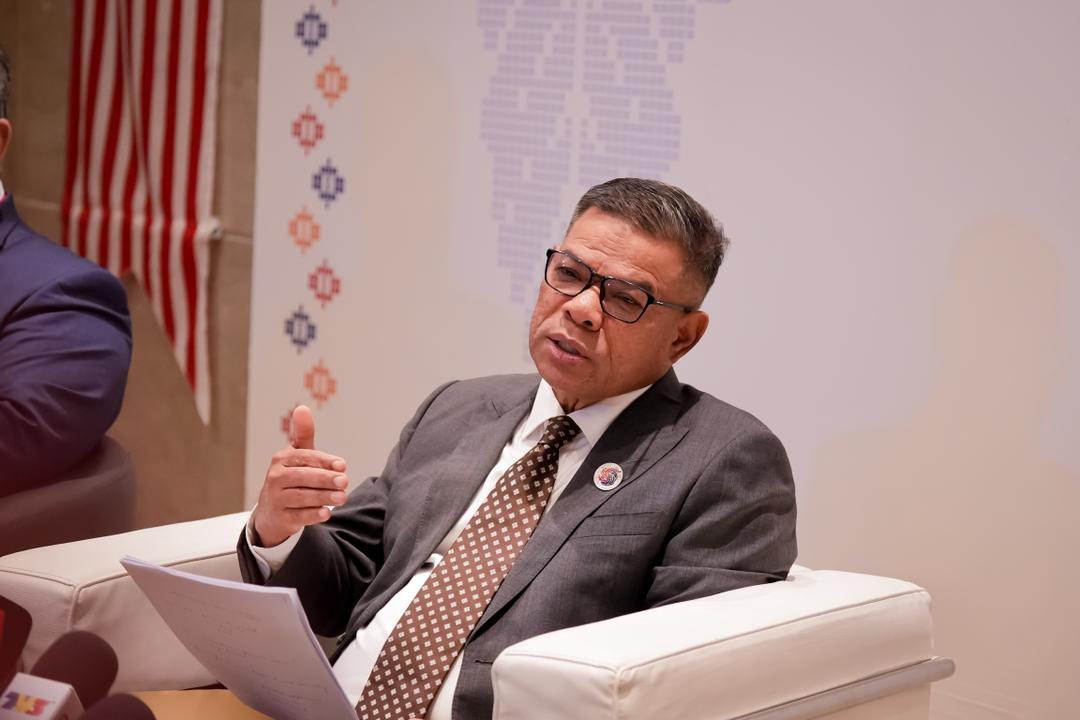KUALA LUMPUR, Nov 13 — A reinvestigation into the disappearances of activist Amri Che Mat and pastor Raymond Koh will be conducted transparently and without any interference to ensure that justice is fully upheld.
Home Minister Datuk Seri Saifuddin Nasution Ismail said the government will not shield any party and remains committed to executing the court’s directives to reinvestigate the cases.
“This government respects the rule of law and is committed to uncovering the truth and delivering justice. The Royal Malaysia Police (PDRM) has promptly set up an investigative team, even though the previous investigations were never formally closed. This time, the team will be led by an ACP (assistant commissioner).
“They will review all initial investigation papers, reports from the Human Rights Commission of Malaysia (Suhakam), and special task force reports, as well as collect new evidence. We urge anyone with information related to these cases to come forward and assist the police with their investigation,” he said in the Dewan Rakyat today.
He was replying to a question from Syed Ibrahim Syed Noh (Harapan-Ledang) about the court rulings on Amri and Koh, and the government’s subsequent steps.
Amri was reported missing on November 24, 2016, while Koh disappeared on February 13, 2017.
On November 5, the Kuala Lumpur High Court ordered the government to pay a total of RM3,264,457.52 in damages, along with costs and interest, to Amri’s wife, Norhayati Mohd Ariffin. The court also ordered the government to pay over RM37 million to Koh’s wife, Susanna Liew.
Saifuddin Nasution said the police had been instructed to submit progress reports on the investigations to the attorney-general every two months, as directed by the court.
He noted that although the attorney-general has decided to appeal the court’s decision, the government remains committed to respecting the ruling and implementing the reinvestigation orders.
“The attorney-general has stated that there are grounds to file an appeal, including on matters involving financial commitments. This does not mean the government is downplaying the value of life or the right to freedom. In fact, the government does not prioritise financial burden, but instead adheres to the principle of upholding universal justice,” he said.
Replying to a supplementary question from Syed Ibrahim, Saifuddin Nasution emphasised that the government’s decision not to appeal Amri’s wife’s request to obtain the special task force report in 2023 is proof that the government does not protect anyone in the case.
“If the Home Ministry wanted to provide protection, we could have instructed the attorney-general to file an appeal at that time, but we did not, because we believed Amri’s wife was entitled and deserved to receive that report. This demonstrates our commitment to justice,” he said.
Replying to a supplementary question from Abdul Ghani Ahmad (PN-Jerlun) on whether the government is prepared to introduce a specific law defining enforced disappearance as a criminal offence, Saifuddin Nasution said the existing laws are sufficient to handle missing persons cases, including enforced disappearances.
He also explained the difference in compensation amounts between the families of Koh and Amri, which stemmed from different legal bases for their claims, rather than unequal treatment.
“For Pastor Koh, his family relied on the basis of forced disappearance, as reflected in the Suhakam report, while Amri’s wife did not use that basis when initiating her action, which is why the amounts differ,” Saifuddin Nasution said.


